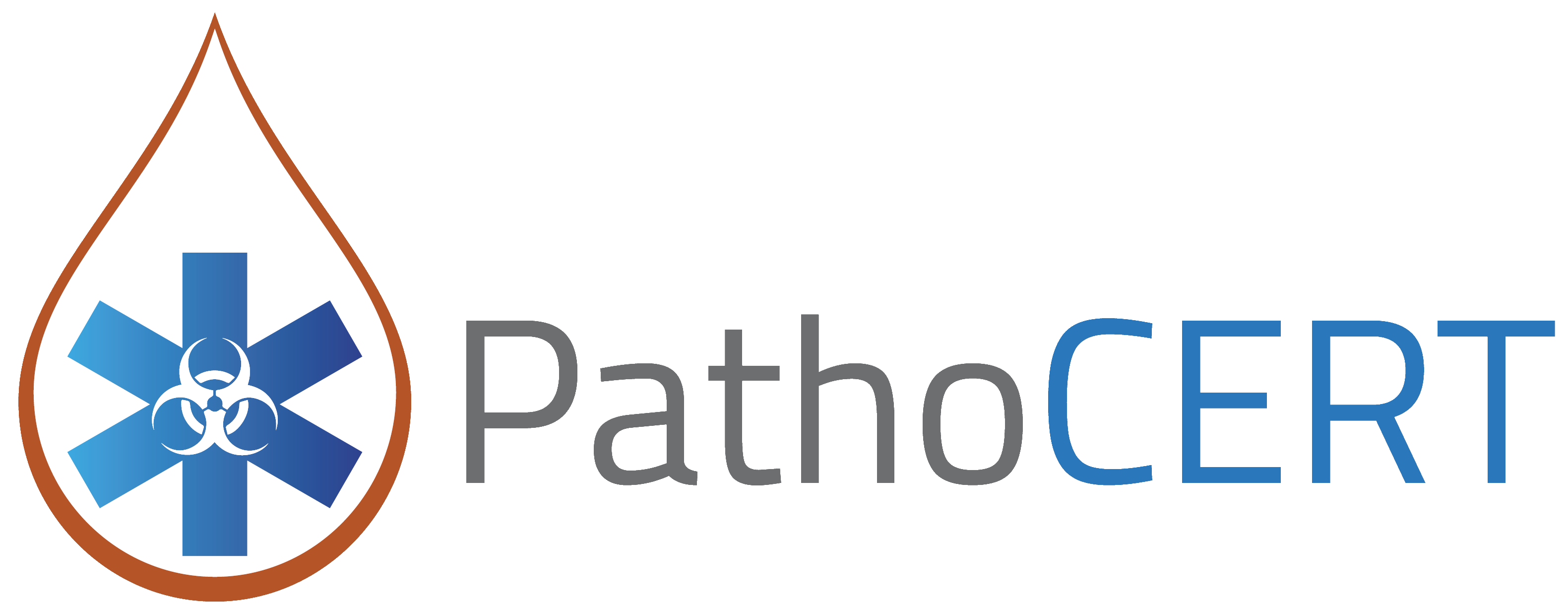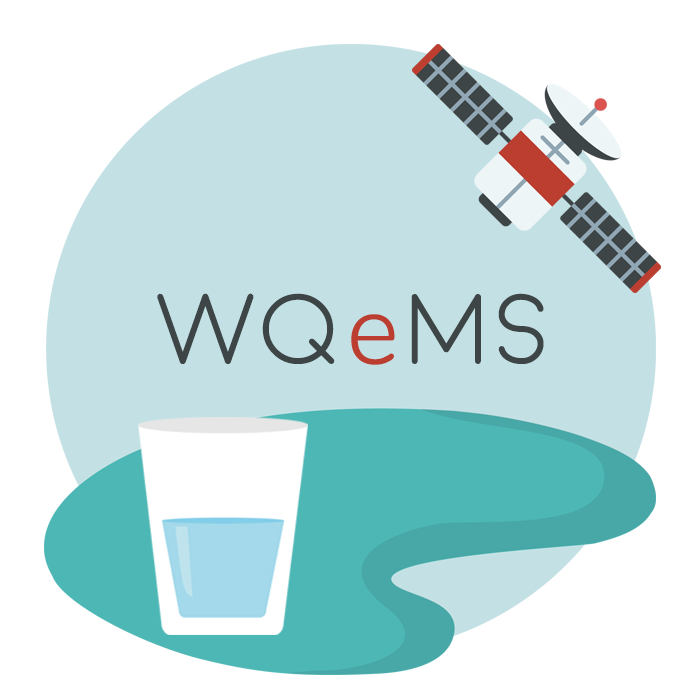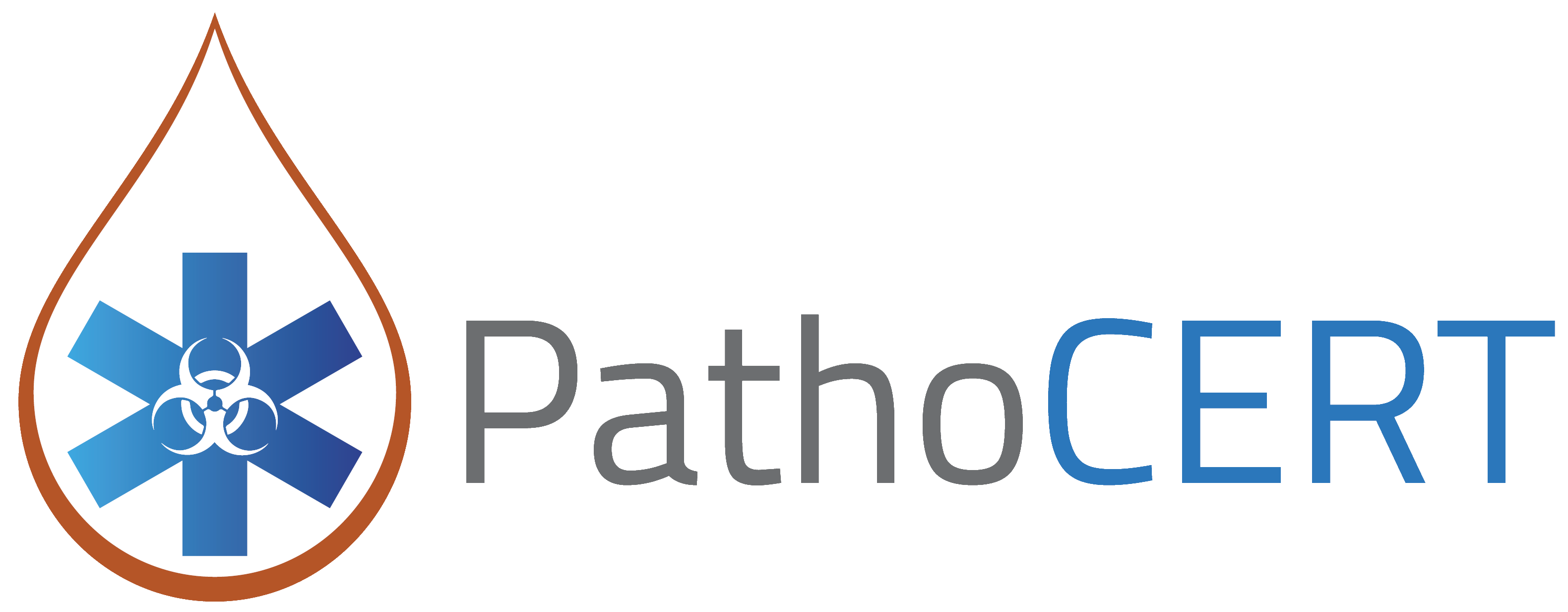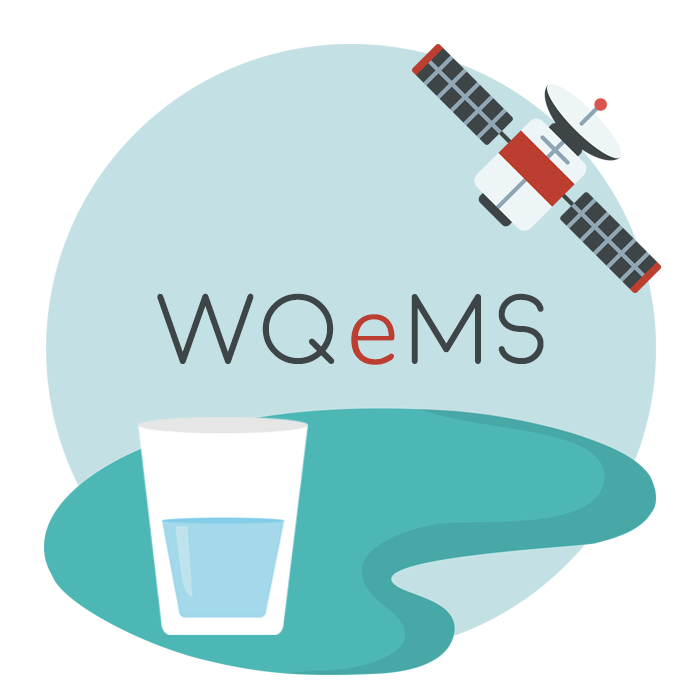
EU-funded international project PathoCERT launched
Sept. 28, 2020
Developing important Emergency Response Technologies for detecting and managing pathogen contamination events
During emergency response operations, first responders are at risk of being exposed to dangerous pathogens (such as norovirus, e. coli and v. cholerae) through skin contact, ingestion or inhalation. These pathogens pose a significant risk of illness, disease or even death. Currently, there are very few available field-validated technologies to assist first responders when having to operate within an environment with such dangerous pathogens.
To address this challenge, an international consortium of 23 partners, including Universities, Research Centers, NGOs, Emergency Responders, Agencies, Water Utilities and Companies from the European Union (Belgium, Bulgaria, Cyprus, Germany, Greece, Italy, the Netherlands, Romania, Spain, Sweden) and South Korea, joint forces, as part of a new 3-year Horizon 2020 Project entitled: Pathogen Contamination Emergency Response Technologies (PathoCERT). The project is coordinated by the KIOS Research and Innovation Center of Excellence at the University of Cyprus and was launched on September 1st, 2020.
The project has received €6.9M from the European Union, under the Horizon 2020 programme, to research, develop and evaluate specialised technologies, tools, and procedures, to handle emergencies and investigate events that involve possible waterborne pathogen contamination events. The PathoCERT’s outcomes will strengthen the capabilities of first responders and agencies, in terms of real-time accurate pathogen detection, increased situational awareness, improved ability in contamination event control and risk mitigation, and joint coordination between agencies to effectively manage these events.
Innovative technologies for the future first responders
Specifically, PathoCERT will perform research and innovation activities to develop novel sensing technologies for detecting contaminants within minutes, as well as wearable printable sensors on gloves to alert when the first responders touch contaminated water. Smart wearable interfaces and augmented reality tools will also be investigated to improve the ability of the first responders in understanding their surrounding risks. To enhance situational awareness, autonomous drones with monitoring and water sampling capabilities will be developed, as well as systems for analysing water quality using satellite imaging. Additionally, the project will develop tools to receive information from human sensors, through social media, to assist first responders in the case of contamination events within an urban environment. During the evolution of the event, AI-based technologies will be developed to extract knowledge and suggest recommendations to manage the contamination event, assess its risk and forecast its evolution, as well as to develop forensic investigation tools. An integrated system will be developed and linked to a first responder control center.
First responders will be actively involved throughout the development process using a participatory methodology of stakeholder engagement, that includes the first responders providing constant feedback on the PathoCERT technologies. All the PathoCERT technologies will be field-tested in 5 pilot studies in Spain, the Netherlands, Cyprus, Greece and Bulgaria.
Eventually, the PathoCERT outputs will form the basis for developing innovations with the potential for further development and commercial exploitation as new products and services, whose purpose is to safeguard the health of those who dedicate their lives in protecting the society.
PathoCERT will host its kick-off meeting on the 5th and 6th of October 2020. More updates on the project’s developments will follow soon. Stay tuned.


